It is mentioned by S&P Global Ratings that COVID-19's effects remain manageable for the Uzbek economy. Support packages from the Uzbekistan government helped to alleviate stress on the economy and households. Uzbekistan GDP continued expanded in real terms in 2020 at 1.6%, and believe that growth will accelerate in 2021-2022 to about 5.0%.
The banking sector was resilient despite COVID-19's effect. Credit costs and nonperforming loans (NPLs), while increased versus 2019, did not lead to banking sector running losses. While the average return on equity (ROE) for the Uzbek banking system declined to 10.0% in 2020 from 12.5% in 2019, return on assets improved to 2.2% from 1.92%.
|
| To | From |
| Orient Finans Bank | ||
| Issuer credit rating | B+/Stable/B | B/Stable/B |
| Davr-Bank | ||
| Issuer credit rating | B/Stable/B | B-/Stable/B |
| Kapitalbank | ||
| Issuer credit rating | B-/Positive/B | B-/Stable/B |
Orient Finans Bank
Orient Finans Bank (OFB) was upgraded to 'B+' from 'B' based on bank's sustainable performance in terms of cost of risk and NPLs amid the pandemic, combined with prudent capital management. As a result, now the bank's risk position is moderate.
Davr-Bank
Davr-Bank was upgraded to 'B' from 'B-' because the bank's performance over 2020 and in the next few years would be at least at the sector average in terms of cost of risk and NPLs. Therefore, now Davr-Bank's risk position is adequate.
Kapitalbank
Kapitalbank was revised to positive from stable to reflect the bank's efforts to improve financial results in a highly competitive market through revenue diversity and operating efficiency enhancement. This was combined with leveraging bank's settlement and transactional business, in both corporate and retail segments, focus on secured retail lending, and continued prudent capital management. As a result, the bank has expanded its loan book by around 50% in 2020 and demonstrated ROE above 17% over the past two years, historical highs for Kapitalbank. This was despite the pressure on margins from high competition and downward trend on market rates.
S&P Global Ratings believes there remains high, albeit moderating, uncertainty about the evolution of the coronavirus pandemic and its economic effects. Vaccine production is ramping up and rollouts are gathering pace around the world. Widespread immunization, which will help pave the way for a return to more normal levels of social and economic activity, looks to be achievable by most developed economies by the end of the third quarter. However, some emerging markets may only be able to achieve widespread immunization by year-end or later. We use these assumptions about vaccine timing in assessing the economic and credit implications associated with the pandemic (see our research here: www.spglobal.com/ratings). As the situation evolves, we will update our assumptions and estimates accordingly.

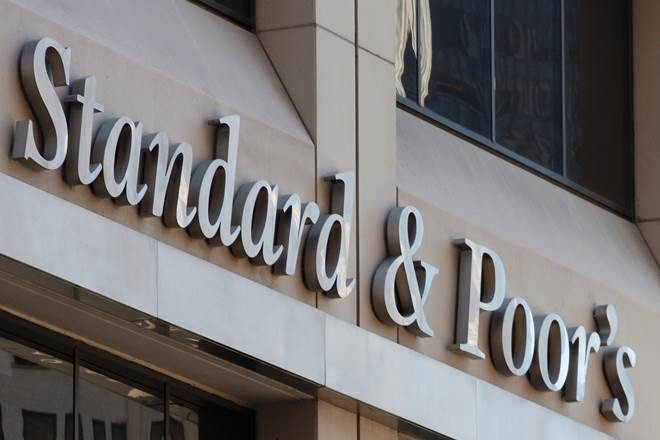

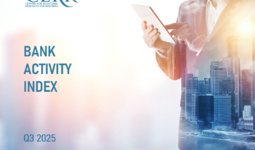
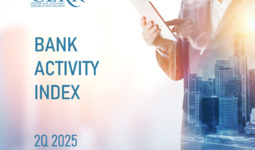
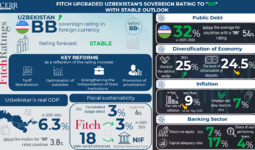
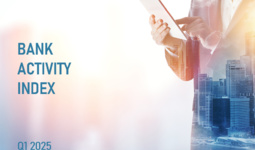
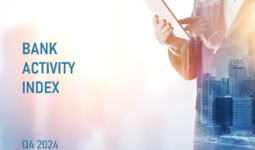













leave a comment